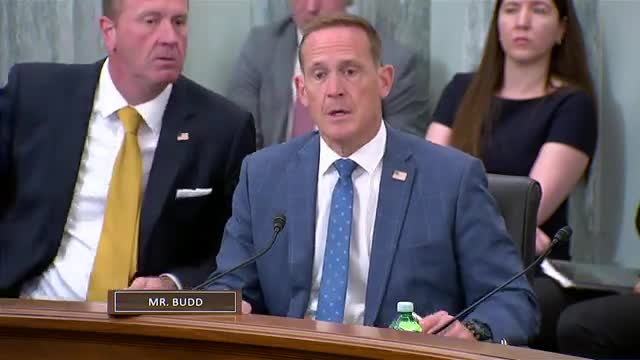FTC Proposal Sparks Outcry Over Small Business Impact
July 12, 2024 | Commerce, Science, and Transportation: Senate Committee, Standing Committees - House & Senate, Congressional Hearings Compilation

This article was created by AI summarizing key points discussed. AI makes mistakes, so for full details and context, please refer to the video of the full meeting. Please report any errors so we can fix them. Report an error »

During a recent government meeting, significant concerns were raised regarding the Federal Trade Commission's (FTC) proposed rule on the Hart-Scott-Rodino Act, particularly its implications for small businesses and the burgeoning AI sector. Critics argue that the rule could severely disadvantage small AI companies by establishing a cap on acquisition potential at $119 million. This limitation may deter venture capital investment, as investors typically expect a high-risk, high-reward scenario, with the understanding that most startups will fail. The proposed cap could lead venture capitalists to reconsider their investment strategies, ultimately stifling innovation and competition within the industry.
Additionally, the meeting highlighted the need for comprehensive privacy reform to address the growing concerns surrounding consumer data protection. Stakeholders emphasized the importance of creating clear guidelines for businesses on how to responsibly handle consumer data while balancing the need for data collection with privacy concerns. The discussion underscored the necessity of defining categories of sensitive information, particularly in the context of AI's ability to infer personal data from seemingly innocuous information.
Senator Klobuchar noted the dual potential of AI technologies, referencing the Mayo Clinic's advancements while cautioning against the risks of unregulated data use. The consensus among panelists was that establishing guardrails is essential to harness the benefits of AI without compromising consumer privacy.
Overall, the meeting underscored the urgent need for regulatory frameworks that support small businesses and protect consumer data in an increasingly complex technological landscape.
Additionally, the meeting highlighted the need for comprehensive privacy reform to address the growing concerns surrounding consumer data protection. Stakeholders emphasized the importance of creating clear guidelines for businesses on how to responsibly handle consumer data while balancing the need for data collection with privacy concerns. The discussion underscored the necessity of defining categories of sensitive information, particularly in the context of AI's ability to infer personal data from seemingly innocuous information.
Senator Klobuchar noted the dual potential of AI technologies, referencing the Mayo Clinic's advancements while cautioning against the risks of unregulated data use. The consensus among panelists was that establishing guardrails is essential to harness the benefits of AI without compromising consumer privacy.
Overall, the meeting underscored the urgent need for regulatory frameworks that support small businesses and protect consumer data in an increasingly complex technological landscape.
View full meeting
This article is based on a recent meeting—watch the full video and explore the complete transcript for deeper insights into the discussion.
View full meeting